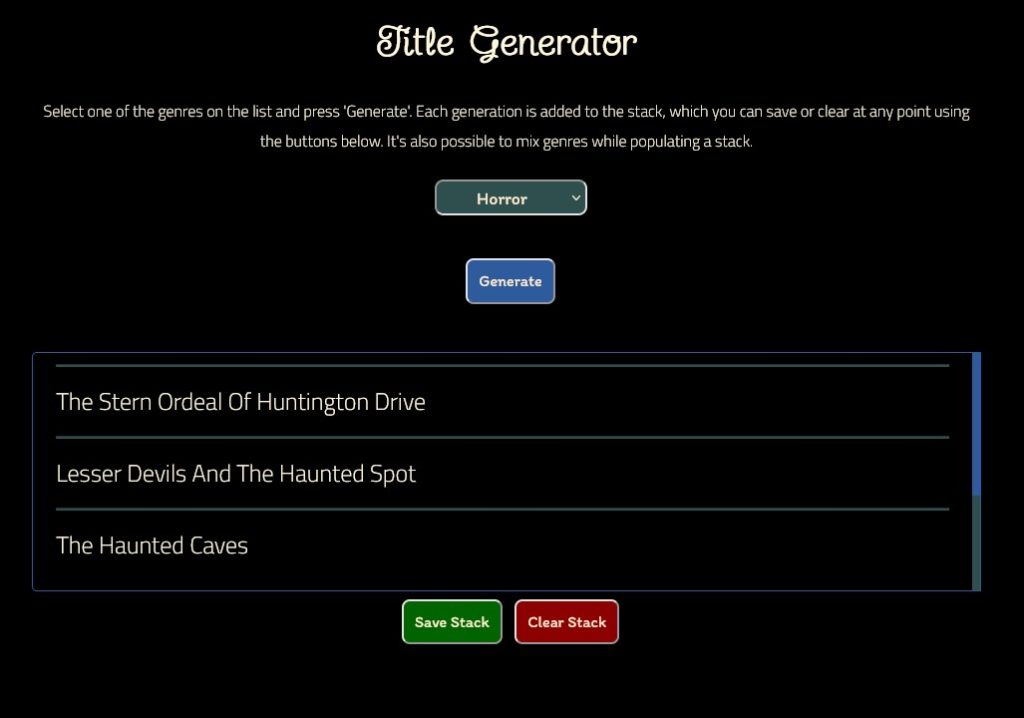“What is metatextuality?” There’s a question many students of literature ask. “How about intertextuality vs metatextuality?” is another valid question. Though some definitions can be offered, they are unnecessarily complicated, as we’ll see. Inevitably, the hapless student then comes back with a timid suggestion: “Can you just give me some metatextuality examples?”
This is precisely what I’ll be doing in this post. Funnily enough, I recently realized with some trepidation that metatextuality is a topic I haven’t properly examined in all these years Home for Fiction has been online. Except for one post on metatextuality in Dracula, there hasn’t been a proper analysis of this fascinating topic.
So let’s see what metatextuality is – with examples – what literary purpose it serves, and overall why we need to care, as readers and writers. Here’s a warning, however: As I often do, I will mention “official definitions” only to disregard them; I will present the established way of doing things, only to place it on the sacrificial pyre. After all, it’s about understanding metatextuality in practical terms, rather than repeating vague academic words.

(Image made with Mandelbulber; based on the Krzysztof Marczak collection – CC BY 4.0)

